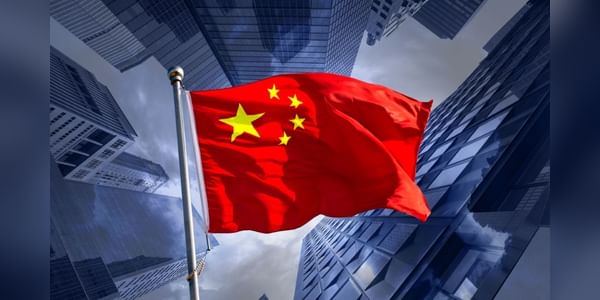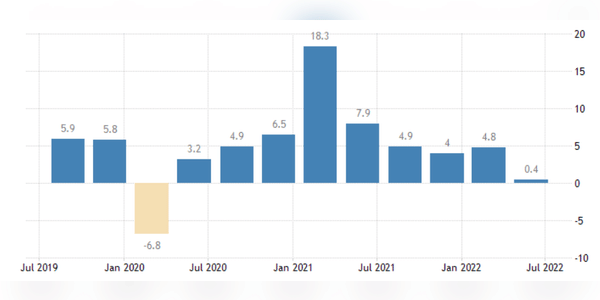China may not be struggling with huge energy prices or high inflation like Europe and America, but it also has its own economic problems. These difficulties are not only affecting China in the current globalisation, but also us. What is the Chinese Government currently struggling with and how real is the crisis or even the collapse of the local economy?

Quarterly figures
In the second quarter of this year, China recorded GDP growth of only 0.4% over last year. Industrial production, which grew by 3.9% instead of the 4.1% projected, has the same problem.

Retail sales rose 3.1%, beating expectations of zero growth. Fixed asset investment also rose. Unemployment did fall to a pre-pandemic 5.8%, but rising unemployment among 16-24 year olds is a particular problem. It is currently at 19.9%.
These would be the most important…
One of the main causes of China's problems is Covid-19. Or rather, the policy towards this disease. You could say that we have actually forgotten about it and we don't see it. In China, it is different. The government has a so-called 'zero covid policy'. This is to prevent the virus from spreading in the community altogether, which involves drastic measures such as isolation of towns, quarantines, mass testing. This, of course, puts a strain on the economy, as employees cannot go to work, factories close down. This reduces exports, which are extremely important to China. We can expect more infections in the autumn, hence more measures.